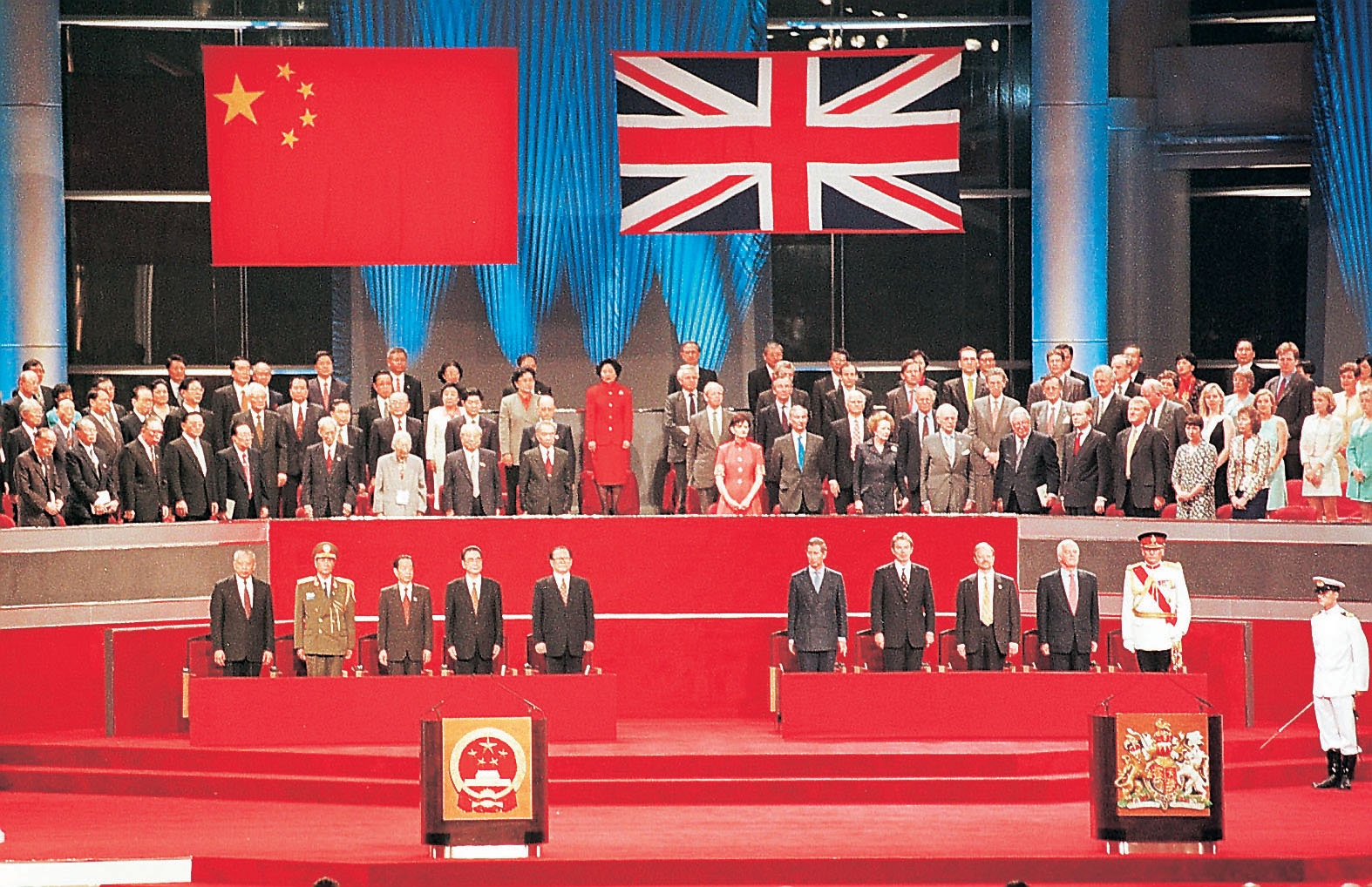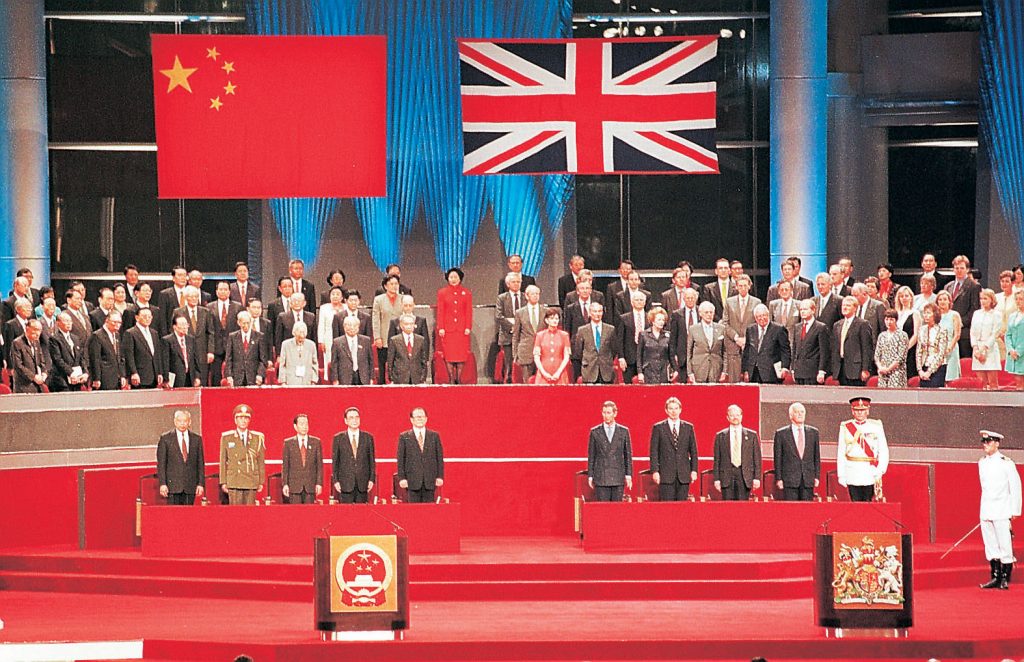On Wednesday, March 30, two UK Supreme Court (UKSC) judges resigned from their position on the Hong Kong Court of Final Appeal (CFA). In a politicised move that respects neither the sovereignty nor the independence of Hong Kong authorities, British officials blamed the region’s National Security Law, levelling baseless claims of the erosion of freedom and democracy.
President of the UKSC, Robert Reed, and deputy president Patrick Hodge, resigned from their position as non permanent judges on the CFA, with Reed claiming “the judges of the Supreme Court cannot continue to sit in without appearing to endorse an administration which has departed from values of political freedom, and freedom of expression.”
What departure Reed is reffering to here, is made clearer in the statement of British Foreign Secretary Liz Truss. She argues, “We have seen a systematic erosion of liberty and democracy in Hong Kong. Since the National Security Law was imposed, authorities have cracked down on free speech, the free press, and free association.
“The situation has reached a tipping point where it is no longer tenable for British judges to sit on Hong Kong’s leading court, and would risk legitimizing oppression.”
Yet the National Security Law, brought in after months of violence by western-backed ‘pro democracy’ protestors, is not the authoritarian nightmare Truss makes it out to be.
As Communist Party of Britain General Secretary, Rob Griffiths, noted back in 2020, “China’s new security law contains no new powers that do not already have their equivalent in Britain, where they apply to the autonomous countries of Scotland and Wales and can be extended to the Isle of Man and the Channel Isles at the stroke of a secret pen.”
Not only this, but it is clear from Reed and Truss’ statements that Wednesday’s move is purely politically motivated, with Truss making out as if it is politician’s decision on what is “tenable for British judges”.
Yet it is not the right of the British government to dictate what Supreme Court Justices choose to do, nevermind the judges of a court in another sovereign country. The former calls seriously into question the independence of Britain’s judiciary, and the latter demonstrates a worrying mindset from this country’s government.
Almost 25 years since the return of Hong Kong to China, the British government still looks out with a colonial mindset. Westminster forgets it is not the place of this country to interfere with Hong Kong’s internal affairs.
For Ronny Tong of the Hong Kong Executive Council, “It’s very disappointing that these two British judges easily abandoned their professionalism under political pressure, which also serves as a reminder for us that those foreign judges may not uphold legal standards as they easily yielded to their own national interests”.
There are now 10 overseas non permanent judges on the CFA, 6 of which are British.
Philip English, is a member of the YCL’s Birmingham branch




